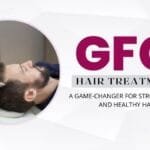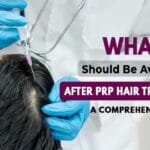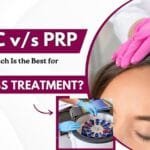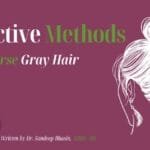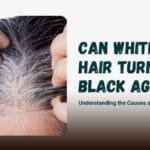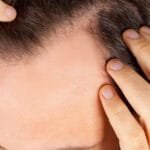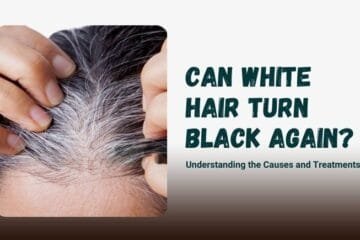Introduction
Hair loss is a common concern for many individuals, impacting their confidence and self-esteem. As a result, people often seek various treatments and remedies to promote hair growth and prevent further loss. Two popular options are rosemary oil and Minoxidil 5% usage safety. But can you use these together safely and effectively? Let’s delve into the science behind these treatments and explore whether combining them is a viable option.
Understanding Hair Loss
Before diving into the effectiveness of rosemary oil and minoxidil, it’s crucial to understand the mechanisms behind hair loss. Genetics, hormonal changes, stress, nutritional deficiencies, and specific medical conditions are just a few of the things that can cause hair loss. Androgenetic alopecia, also known as male or female pattern baldness, is the most common cause of hair loss, affecting both men and women.
Minoxidil 5%: How Does It Work?
Minoxidil is a topical drug that the FDA has approved for the treatment of hair loss. It is available over-the-counter in various strengths, with 5% being the most common concentration. Minoxidil works by stimulating hair follicles, prolonging the growth phase of the hair cycle, and increasing blood flow to the scalp. It is applied directly to the scalp twice daily and is effective in promoting hair growth in some individuals.
Rosemary Oil: The Natural Remedy
Rosemary oil is an essential oil derived from the leaves of the rosemary plant (Rosmarinus officinalis). It has a long history of use in traditional medicine for various purposes, including promoting hair growth. Many believe that rosemary oil improves circulation, stimulates hair follicles, and inhibits DHT (dihydrotestosterone), a hormone linked to hair loss. You can apply it topically to the scalp alone or with a carrier oil. When considering rosemary oil and Minoxidil 5% usage safety, it’s essential to understand how they interact for effective hair growth.
Safety Considerations
Both rosemary oil and Minoxidil 5% are generally safe for topical use. However, consider some important factors when using them together:
- Potential Interactions: Limited research exists on how rosemary oil and Minoxidil 5% interact. Combining these treatments may enhance their effects, but experts need more studies to confirm this.
- Skin Sensitivity: Some individuals may experience skin irritation or allergic reactions when using either rosemary oil or minoxidil. It’s essential to perform a patch test before applying these products to the scalp and to discontinue use if any adverse reactions occur.
- Scalp Health: Maintaining a healthy scalp is essential for optimal hair growth. Make sure to keep the scalp clean and free from buildup, as this can affect the absorption of both rosemary oil and minoxidil.
- Consultation with a Healthcare Professional: Before starting any new hair loss treatment regimen, it’s advisable to consult with a healthcare professional, especially if you have underlying medical conditions or are taking medications.
Can you use rosemary oil and Minoxidil 5% together?
Combining rosemary oil and 5% minoxidil may seem appealing for individuals seeking to maximize their hair growth potential. However, it’s essential to proceed with caution. While there’s no direct evidence suggesting harmful interactions between the two substances, it’s crucial to monitor for any adverse effects, especially if you have sensitive skin or existing scalp conditions. Consulting with a dermatologist or healthcare professional can provide personalized guidance based on your unique circumstances.
Conclusion
In conclusion, both rosemary oil and minoxidil 5% are popular options for promoting hair growth and preventing further loss. While using these treatments together may be safe for some individuals, it’s essential to proceed with caution and consult with a healthcare professional before doing so. Researchers need to conduct more studies to fully understand the potential benefits and risks of combining rosemary oil and Minoxidil 5%. In the meantime, focusing on scalp health and exploring other hair loss treatments may also be beneficial.
FAQs
Yes, you can use them together, but monitor for any adverse reactions with caution.
Side effects may include scalp irritation, dryness, or allergic reactions in some individuals.
Individual factors influence results, but consistent use may lead to noticeable improvements within several weeks to months.
It’s essential to consult with a healthcare professional before making any changes to your hair care routine
Yes, several natural remedies, such as essential oils and herbal extracts, may offer hair growth benefits.
Always perform a patch test before using any new product, and monitor for any adverse reactions.


